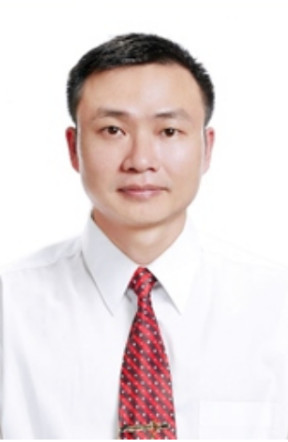
Seminars
December 28, 2021: Dr. Mai Hong Son (Hospital 108 Vietnam), Treatment planning of 90Y-resin microsphere radioembolization for hepatocellular carcinoma
Liver cancer is globally the sixth-most frequent cancer and the fourth-leading cause of death from cancer. Approximately, a million people die of liver cancer annually with the higher rates of liver cancer occurring in sub-Saharan Africa and Southeast Asia. Vietnam has around 20 thousand people die of liver cancer each year, ranking in the top three worldwide. The most common primary liver cancer in Vietnam is hepatocellular carcinoma (HCC) and more than two-thirds of the diagnosed HCC patients are in the advanced stage. Transarterial radioembolization (TARE) is a potential treatment for such patients. In this talk, I’ll present the background of liver cancer, the current situation in Vietnam, and the TARE treatment process using 90Y-microsphere. Furthermore, I’ll present our most up-to-date research results in this field. In the end, some potential AI technologies applied in the field will be discussed.
Speaker: Dr. Mai Hong Son, Hospital 108 Vietnam
Time: 15:30, Tuesday, December 28, 2021
Venue: Webinar ; Access code: https://bit.ly/31zr6Y8

Dr. Mai Hong Son is working in the Department of Nuclear Medicine, Hospital 108 Vietnam. He completed his medical doctor degree at Odessa National Medical University, Ukraine in 2008. He went back to Vietnam and continued studying at Hanoi Medical University, and worked at Bach Mai hospital from 2009 to 2010. After that, he has been working for Hospital 108 Vietnam to the present. He has completed his Ph.D. defense at Hospital 108 in 2021 on liver cancer treatment using transarterial radioembolization. His expertise is diagnostic nuclear medicine in oncology, cardiology, and theranostic using Y-90 resin microsphere. His research interests mainly focus on nuclear medicine and imaging of the liver, lung, and heart diseases. He has published several papers in the nuclear medicine field such as BMC Gastroenterology, Cancer Imaging, Scientific reports, and Asia Oceania Journal of nuclear medicine & biology. He was visiting fellow in Seoul National University Hospital, South Korea, and Peter MacCallum Cancer Centre, Australia. He collaborates with IAEA in many international projects to strengthen Nuclear Medicine in Vietnam and national projects with the Ministry of Science and Technology. He is also the first author of e-module learning PET/CT in esophageal cancer. He got laureate of Youth scientific competition for FDG PET/CT in thyroid cancer, ventilation/perfusion lung scan.
